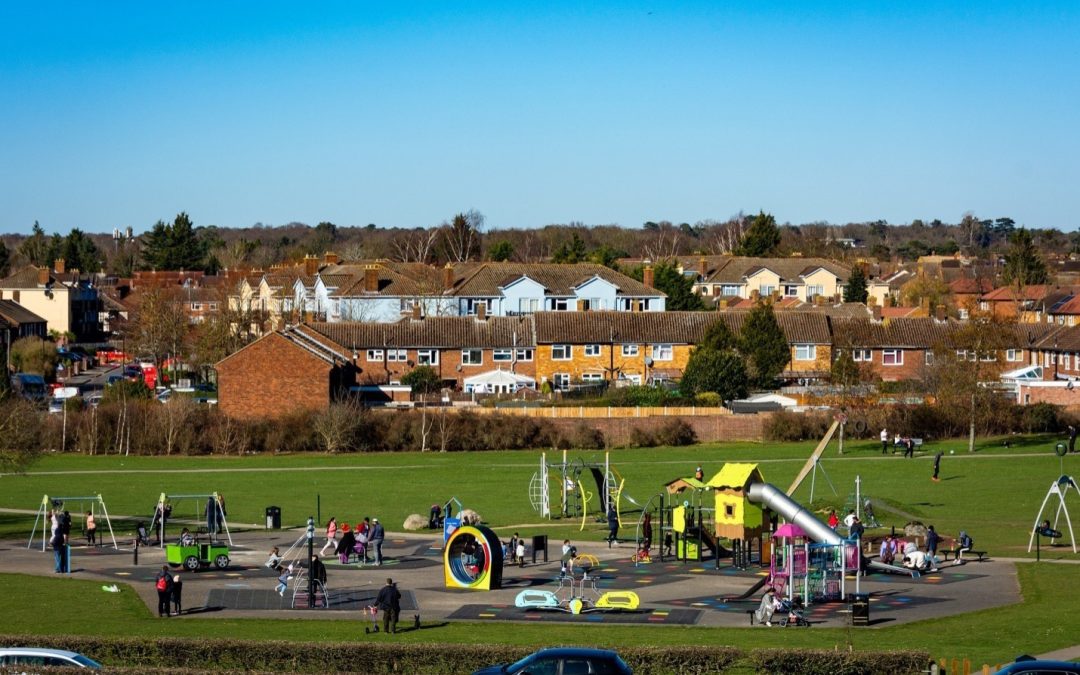When it comes to a fencing solution, there are lots of options from which you can choose. For instance, there is a wide variety of materials on offer, whether you opt for wood, steel, or even PVC. In addition, you also have varied choices in the design and style of your fence – there are many options in store for you, such as palisade fencing, mesh fencing, panel fencing, and a lot more.
But your fence choice will greatly depend on the kind of property you have (whether it’s commercial or residential, for instance), the security level you are looking for, and whether or not the fence looks good and complements your property’s aesthetics. In other words, there are a few considerations when you are trying to determine which fencing solution is ideal for your property. But how else should you choose the right fencing for your needs? Here are some top tips.
Factors to think about
-
The purpose of the fence
The first step in choosing a fence is to determine its purpose. Is it for privacy, security, or aesthetics? If it’s for privacy, you may want a tall fence that blocks the view. For security, you may want a fence that is sturdy and difficult to climb over. For aesthetics, you may want a fence that complements the style of your property. Think about the overall purpose of the fence and write down your goals in installing a fence in the first place – this will go a long way in helping you determine the ideal fence for your needs.
For instance, if you are looking for a fence for a park, a school, or other public grounds, you would do well to choose bow top fencing. As bow top fencing in Leicester professionals confirm, it is ideal for such areas because you can make it low or high, and it has a more attractive look than your regular type of fence.
-
The material
Fences come in various materials, each with its advantages and disadvantages. Some of the most popular materials include wood, vinyl, aluminium, and wrought iron. Wood is a popular choice for its natural beauty but requires a lot of regular maintenance. Vinyl is low maintenance but may crack or fade over time. Aluminium and wrought iron are durable and low maintenance but can be costly.
-
Durability
The fence’s durability is an essential factor to consider, especially for commercial properties. A fence that is easily damaged can compromise the security of your property. That said, it is best to choose a fence that can withstand harsh weather conditions, such as strong winds, heavy rain, and snow.
-
Local Regulations
Before choosing a fence, check with your local authorities to find out if any regulations govern fencing in your area. For example, some areas have height restrictions, while others have specific materials that must be used. Ensure that you comply with all the regulations to avoid fines or legal issues.
-
Cost
The cost of a fence can vary depending on the material, height, and length. You must set a budget before choosing a fence and compare prices from different suppliers and fencing contractors to find the best deal. However, as the experts know all too well, remember this: don’t compromise on quality for the sake of cost.
Image attributed to RTCFencing.co.uk

